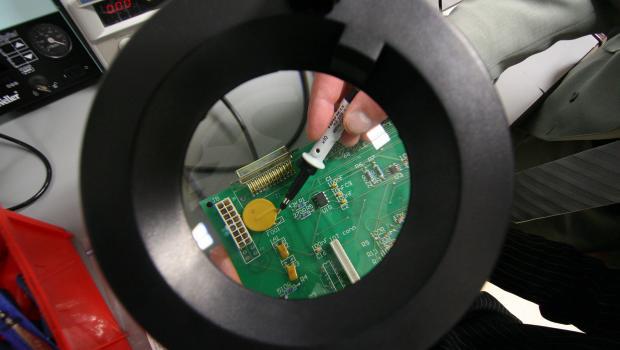Eastern Europe the new Asia?
Hungary has become one of the most important players in the European electronics industry. There are tax incentives, low export tariffs, the country is close to the West European market, the infrastructure is well-developed and labour is cheap. This has prompted electronics giants such as Nokia, Samsung and Foxconn to move some of their production to Hungary. Although the components are still manufactured in Asia, much of the assembly work is now carried out in Hungary.
Flextime a little too flexible
Hungary’s labour rules also make it attractive for companies to move their production to the country. The labour rules permit a flexible time registration system which can turn overtime into flextime. In the so-called ”Time-bank system”, working hours are not calculated per day but over a longer period. This gives the employer flexibility to pay a regular wage rate instead of overtime payment over a period. According to the report, the ”Time-bank system” violates international labour standards, which set a work week limit of 60 hours, 12 of which should be paid as overtime.
Long work days detrimental to health
The long work days at a low wage is not the only concern for the Hungarian factory workers who assemble mobile phones for European consumers. The survey documents that health and safety is also affected by the 12-hour work days, which can vary between night and day shifts. Problems documented included dizziness, back pain and fatigue. At Flextronics’ factory the working conditions are so taxing that an ambulance from the local hospital stops by several times per week to pick up employees who either feel ill, have passed out, or suffer from high blood pressure or stress.
Strategies and compliance is not enough
Although the examined companies comply with Hungarian legislation and their global CSR strategies have been implemented and are monitored locally in Hungary, this is insufficient to prevent violation of fundamental labour rights, the survey argues. ”Maybe the factories comply with Hungarian rules, but it is still Samsung and Nokia’s responsibility to ensure that their products are manufactured under decent conditions,” says Claus Jørgensen of the Danish Consumer Council to Avisen.dk. Claus Jørgensen advises consumers to make demands on the companies when choosing which products to place under the Christmas tree. However, he acknowledges that it is difficult for consumers to perceive how the products have been made.


